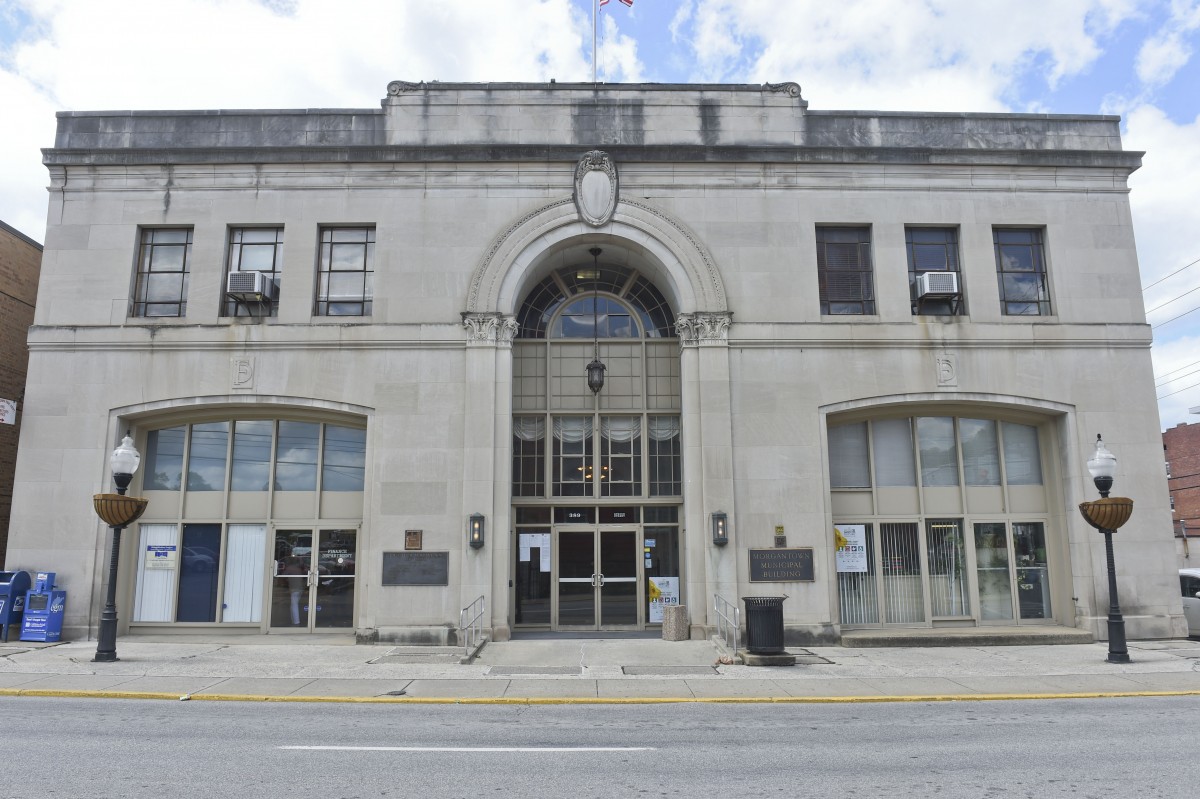MORGANTOWN — The crown jewel of the Roads to Prosperity sales pitch in Monongalia County is all but off the table as far as the state is concerned.
Now, local leadership wants to know how the state intends to replace it.
Of the $273 million in projects dangled before voters in the run up to the Oct. 7, 2017 special election, $100 million was earmarked for a new I-79 connector, or “northern bypass,” which would provide an alternative to the congested portions of W.Va. 705 and Monongahela Boulevard and access a new interchange on I-79, north of the existing Exit 155.
Roughly 80% of Monongalia County voters supported the constitutional amendment allowing for the sale of up to $1.6 billion in bonds for road repair and construction.
The first red flag went up in August 2020, when the project was pulled from the Roads to Prosperity line-up as it wouldn’t be ready in time for bonding. Instead, it would be the target of federal transportation dollars.
Fast forward to this past Thursday, when the Morgantown Monongalia Metropolitan Planning Organization Policy Board begrudgingly voted to pass a new Transportation Improvement Plan that didn’t include the previously recognized $120 million in federal funds for the project.
The TIP is essentially the state’s funding document for future projects.
The board cast the vote with the understanding that not doing so could potentially endanger federal funding for other projects.
It also cast the vote with the understanding that a meeting would be scheduled with state highway officials to discuss how to keep the project alive and what, if anything, the state intends to do to ensure the full value of what was sold to the county’s voters is delivered.
“I have no issue with working with the DOH as far as these types of projects, and again, this isn’t meant as a swipe at DOH. We just need to make sure that we don’t lose sight of the fact that we stood … I think every single one of us went out and promoted the Roads to Prosperity and said ‘This is what you’re gonna get … Come out and vote for it. And they did.’ ” Sean Sikora said, adding, “I just want to make sure we’re getting our fair share of what we voted for.”
Brian Carr, who represents the West Virginia Division of Highways on the policy board, said the primary reason for the project’s removal is that the original price tag is actually less than half the current estimated cost, which is north of $200 million.
Members of the board lamented the timing of the project’s downgrade, just as Washington begins handing out more than a trillion dollars for infrastructure projects.
MPO Executive Director Bill Austin said that may end up being its saving grace.
Austin said that while the project remains a local priority, its removal from the Transportation Improvement Program is acknowledgement that the state has said they don’t have the money to do it.
“But I do have a one ray of hope in all of this, and it comes from the recent transportation infrastructure bill, which states that for fiscal years 2022 through, I believe, it’s 2026, the state is to convene with the state’s MPOs and work out equitable distributions of funding for all of the MPOs in the state,” Austin said. “So there’s a recognition in Congress of this very issue.”
TWEET @DominionPostWV




